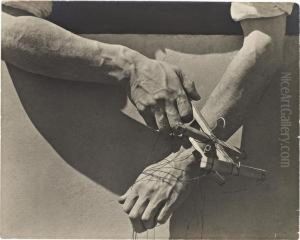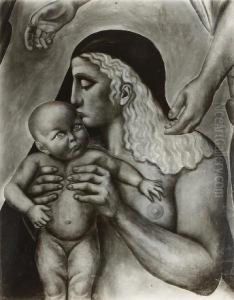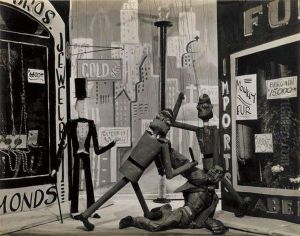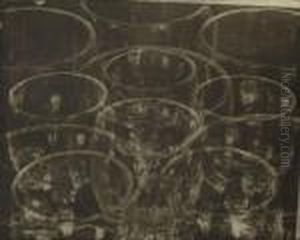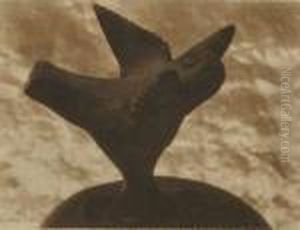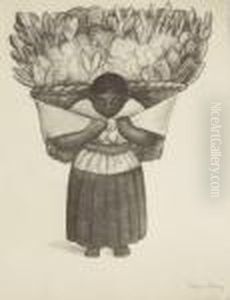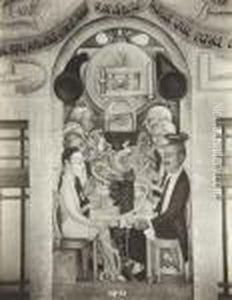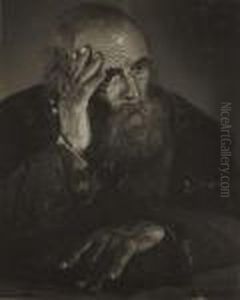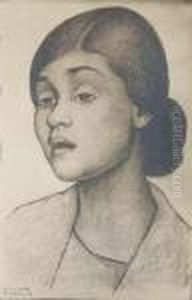Tina Modotti Paintings
Tina Modotti was an Italian photographer, model, actress, and revolutionary political activist. Born Assunta Adelaide Luigia Modotti Mondini on August 17, 1896, in Udine, Italy, she moved to the United States in 1913, eventually settling in San Francisco where she worked in textile factories and later as an actress. Modotti's artistic journey began in earnest when she moved to Los Angeles and became involved with the bohemian and artistic circles, including a relationship with the photographer and filmmaker Edward Weston in 1921.
Weston became a significant influence on her work, and in 1923, she accompanied him to Mexico, where she became deeply involved with the country's post-revolution cultural renaissance. In Mexico, Modotti's photography flourished, and she developed her distinctive style, capturing the spirit of the Mexican people, their traditions, and their struggles. Her photos often depicted street scenes, workers, and indigenous cultures, and she was closely associated with the Mexican muralist movement, befriending artists such as Diego Rivera, David Alfaro Siqueiros, and José Clemente Orozco.
Modotti's life was not only marked by her photographic work but also by her political activism. She became increasingly involved in leftist politics and social causes throughout the 1920s and 1930s. Her political engagement led her to join the Communist International (Comintern) and work for various communist organizations. This political involvement eventually led to her expulsion from Mexico in 1930, after being accused of involvement in the assassination of Julio Antonio Mella, a Cuban revolutionary.
After leaving Mexico, Modotti spent time in Berlin and Moscow, working for the Red Aid International and the International Workers' Relief organizations. She returned to Mexico under a different name in 1939 but was less active in the art scene. Tina Modotti died on January 5, 1942, in Mexico City under ambiguous circumstances; her death was officially attributed to heart failure, but there has been speculation that she may have been murdered due to her political affiliations.
Modotti's legacy is that of a passionate artist whose work is celebrated for its beauty, technical proficiency, and its deep humanism. Her photographs remain significant for their portrayal of post-revolutionary Mexico and the political fervor of the era. Although her life was relatively short, her impact on photography and her commitment to social and political causes have made her a notable figure in 20th-century art history.
